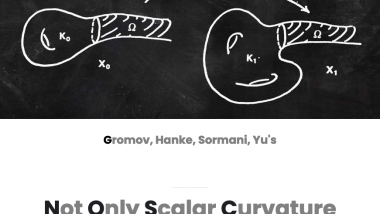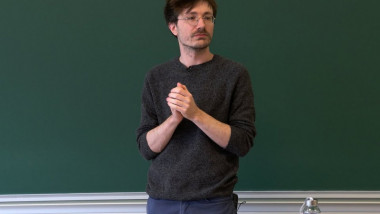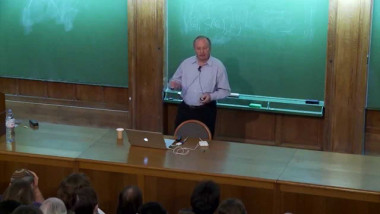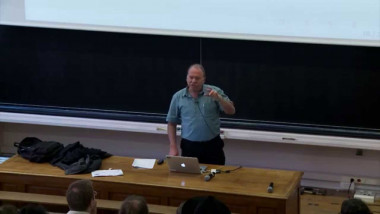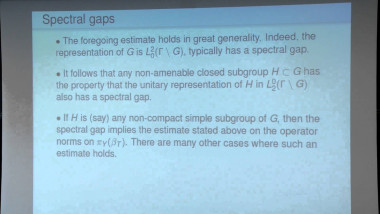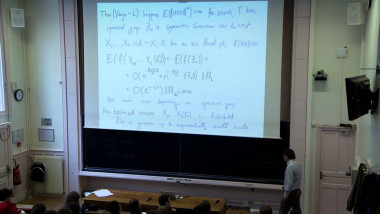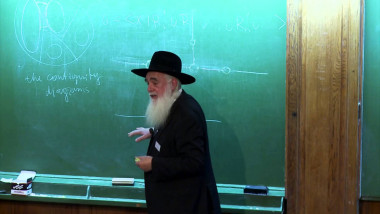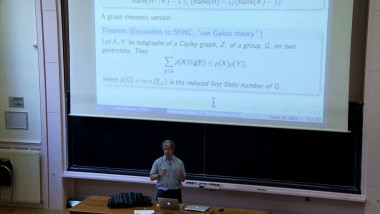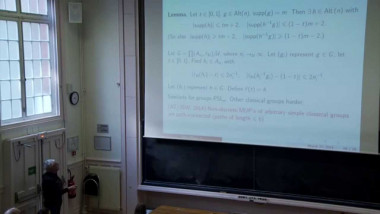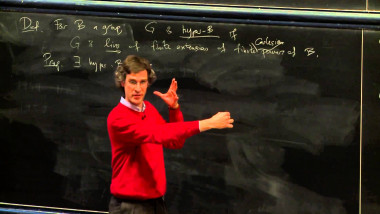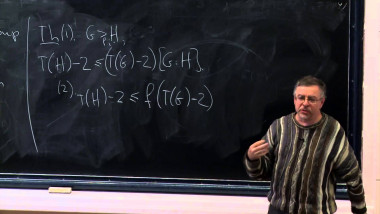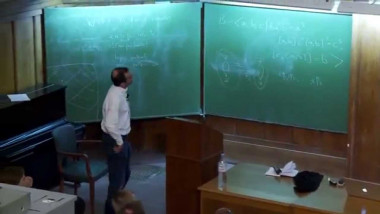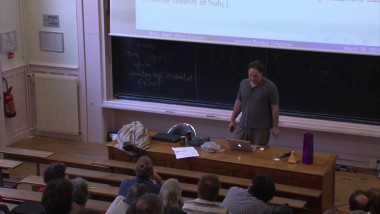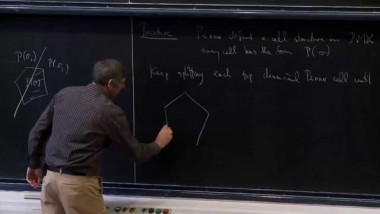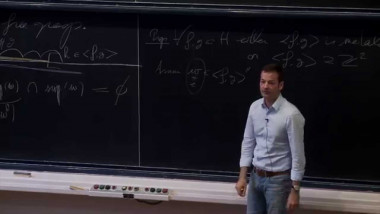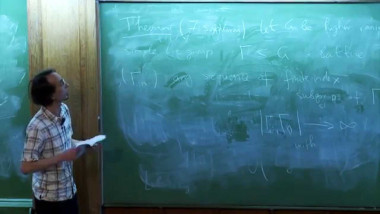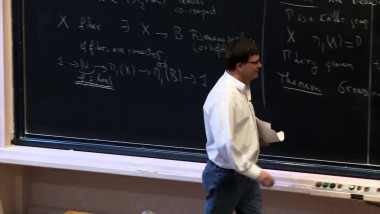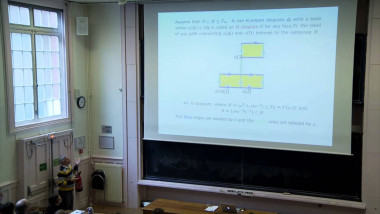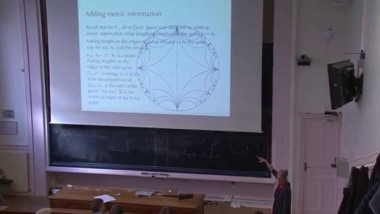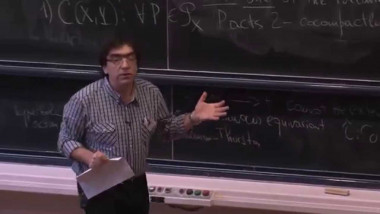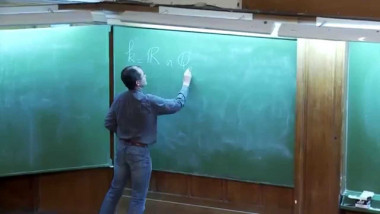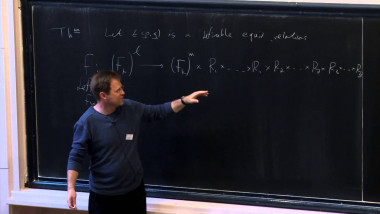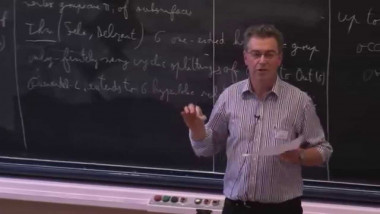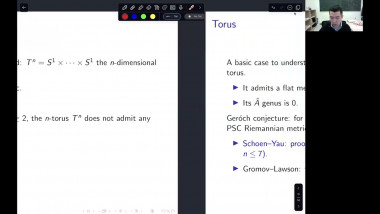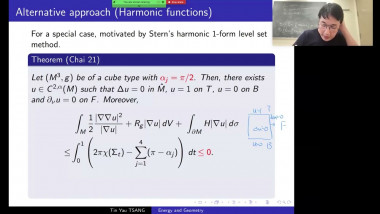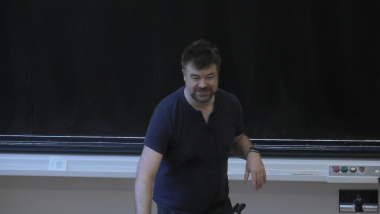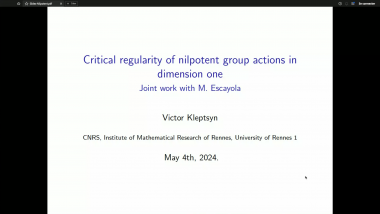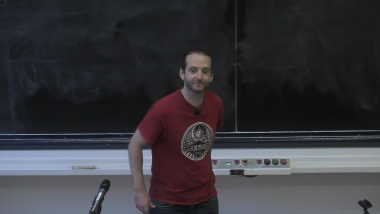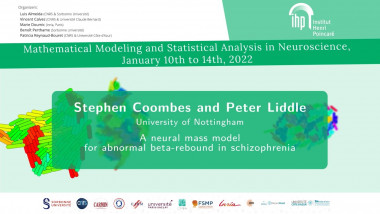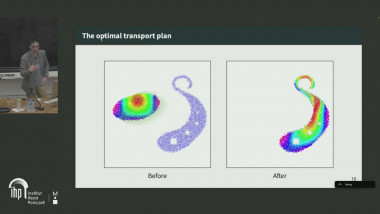Similar Relatively hyperbolic actions of a group
This is a joint work with Victor Gerasimov (University of Belo Horisonte, Brasil). Let a discrete group $G$ possess two convergence actions by homeomorphisms on compacta $X$ and $Y$. Consider the following question: does there exist a convergence action of $G$ on a compactum $Z$ and continuous equivariant maps $X\leftarrow Z\to Y$? We call the space $Z$ (and action of $G$ on it) the pullback space (action). In such general setting a negative answer follows from a recent result of O. ~Baker and T. ~Riley. Suppose, in addition, that the initial actions are relatively hyperbolic that is they are non-parabolic and the induced action on the space of distinct pairs of points is cocompact. In the case when $G$ is finitely generated the universal pullback space exists by a theorem of V. Gerasimov. We show that the situation drastically changes already in the case of countable non-finitely generated groups. We provide an example of two relatively hyperbolic actions of the free group $G$ of countable rank for which the pullback action does not exist. Our main result is that the pullback space exists for two relatively hyperbolic actions of any group $G$ if and only if the maximal parabolic subgroups of one of the actions are dynamically quasiconvex for the other one. We study an analog of the geodesic flow for a large subclass of convergence groups including the relatively hyperbolic ones. The obtained results imply the main result and seem to have an independent interest.

